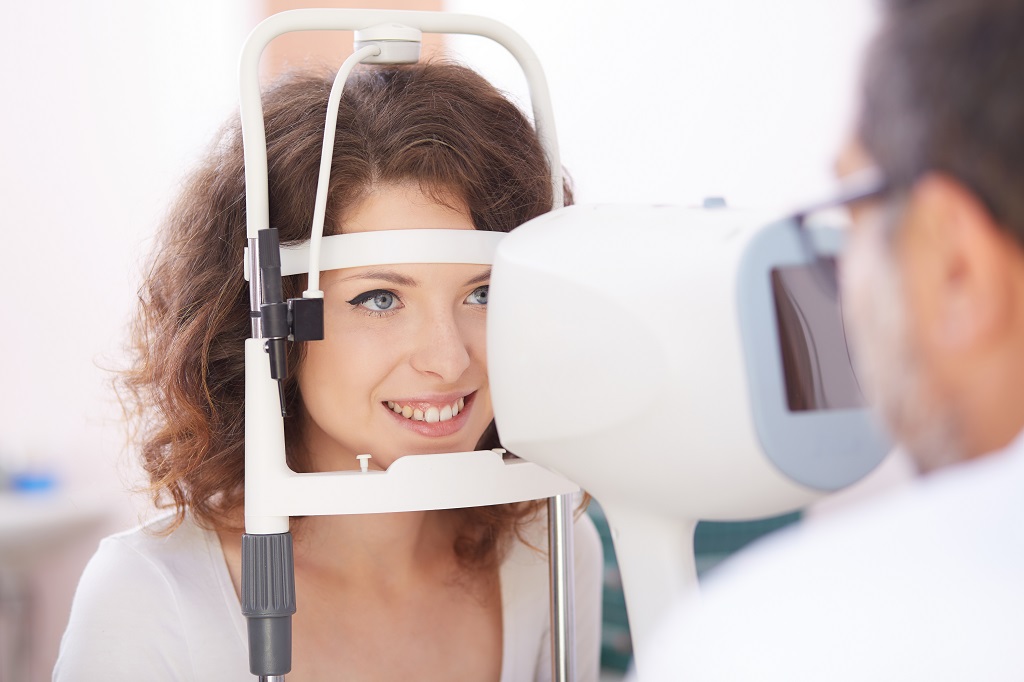All Categories
Featured
Table of Contents

Routine eye examinations are necessary for maintaining great vision and finding possible eye health concerns early. The frequency of these examinations can differ significantly based on an individual's age, way of life, and general health and wellness. Recognizing the advised routine for eye tests can aid make certain that people of every ages get proper care and monitoring for their eye health.
Infants and Toddlers (0-2 Years)
For infants and toddlers, eye tests are important for identifying any kind of prospective vision issues early. The American Academy of Ophthalmology suggests that a youngster's very first eye exam must take place at around 6 months old. Throughout this preliminary see, the eye care specialist will assess the child's visual advancement and look for any obvious eye issues.Following this first examination, it is suggested that children have another eye test at age 3. This browse through will certainly focus on examining the child's total visual function, consisting of eye positioning and the capability to track objects. If no issues are detected, the following exam ought to be scheduled before the youngster starts school, normally around age 5 or 6.
School-Aged Youngsters (6-18 Years)
Normal eye exams must be set up every one to two years when kids reach school age. Vision is critical for finding out and development, and several institutions carry out vision testings. Nonetheless, these testings do not change an extensive eye examination by an eye care professional.For kids included in tasks or sporting activities needing significant aesthetic emphasis, yearly eye tests might be recommended. Additionally, if a child shows indications of vision problems-- such as trouble checking out, scrunching up your eyes, or frequent frustrations-- a browse through to the eye medical professional need to be arranged as quickly as feasible.
Young Person (19-39 Years)
Youthful adults commonly have fewer vision adjustments than older age, but regular eye examinations remain essential. The basic suggestion is to schedule an eye exam every two years during this duration. People with particular threat factors-- such as a household background of eye disease, diabetes mellitus, or those that put on get in touch with lenses-- should take into consideration annual eye tests.In addition, those who invest considerable time on digital devices might experience digital eye stress. If signs such as dryness, tiredness, or obscured vision occur, it may be important to see an eye treatment expert earlier.
Adults (40-64 Years)
Adults aged 40 to 64 must arrange eye examinations every one to two years. Eye tests can additionally aid spot other typical age-related conditions such as glaucoma, cataracts, and macular deterioration.If people in this age group have risk variables such as hypertension or diabetes, they might require even more frequent evaluations to monitor their eye wellness very closely.
Senior Citizens (65 Years and Older)
For senior citizens, routine eye tests end up being also extra important. The American Optometric Association advises that individuals matured 65 and older have an eye exam at the very least annually. Older grownups go to a higher threat for numerous eye diseases, consisting of cataracts, glaucoma, and age-related macular deterioration. Early discovery and treatment of these conditions can stop vision loss and boost the lifestyle.Final thought.
Comprehending the appropriate schedule for eye exams based upon age is vital for preserving ideal eye health and wellness throughout life. From infants to elders, regular eye examinations play an essential function in discovering problems early and guaranteeing that vision continues to be sharp. By sticking to these guidelines and consulting with an eye care expert, people can take positive actions towards maintaining their vision and general wellness. Whether it's a child's first see or a senior's annual examination, prioritizing eye treatment is a financial investment in long-lasting well-being.Table of Contents
Latest Posts
Unwind with the Finest Happy Hour in the area at The other day's Pub
Published en
1 min read
Elevate Your Occasion with Yesterday's Pub Food catering
Published en
1 min read
Make the Most of the Charm of Every Season at Deauville Inn: From Yuletide Sunsets to Sand Between Your Toes
Published en
2 min read
More
Latest Posts
Unwind with the Finest Happy Hour in the area at The other day's Pub
Published May 18, 25
1 min read
Elevate Your Occasion with Yesterday's Pub Food catering
Published May 13, 25
1 min read
Make the Most of the Charm of Every Season at Deauville Inn: From Yuletide Sunsets to Sand Between Your Toes
Published May 12, 25
2 min read